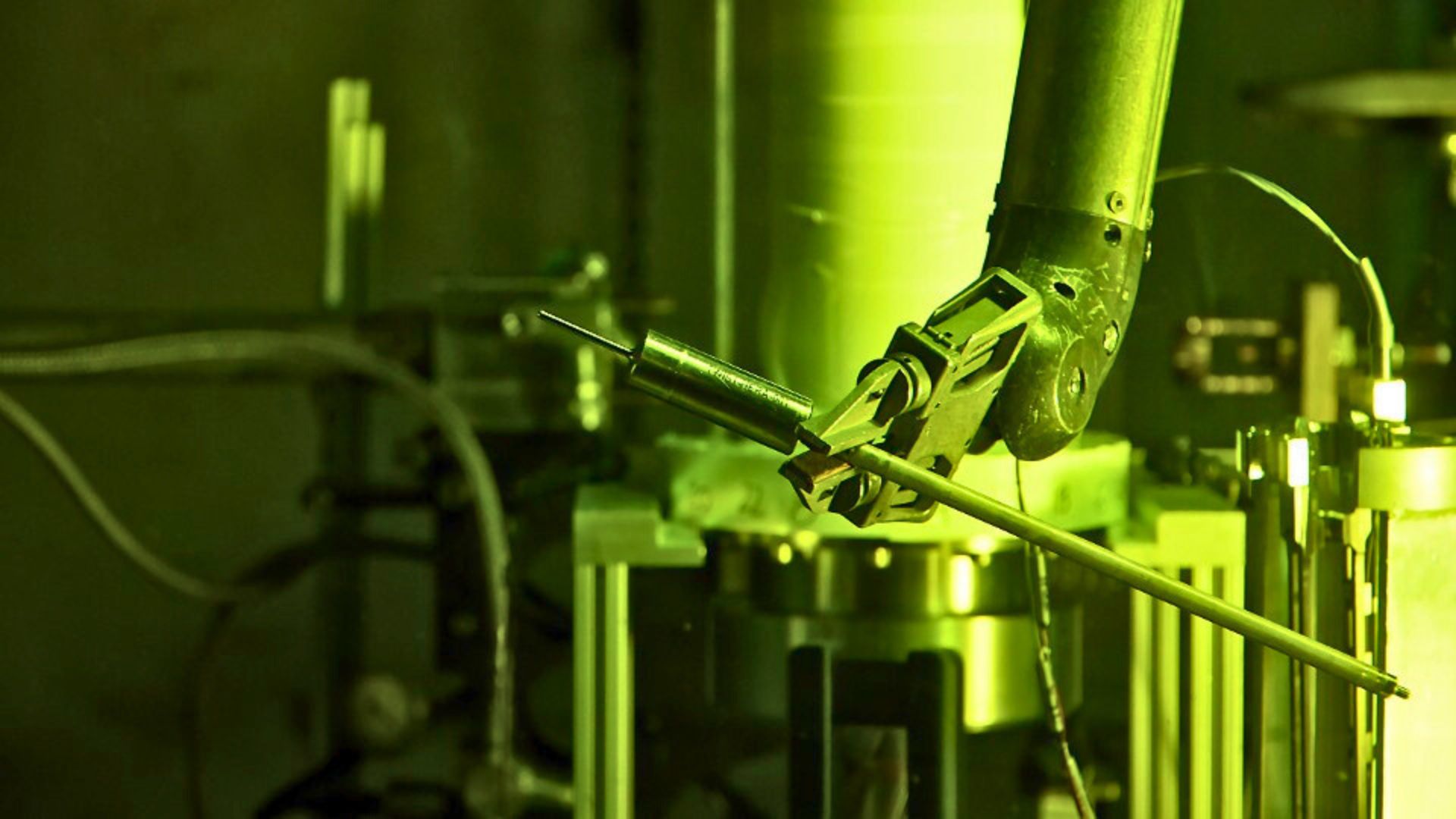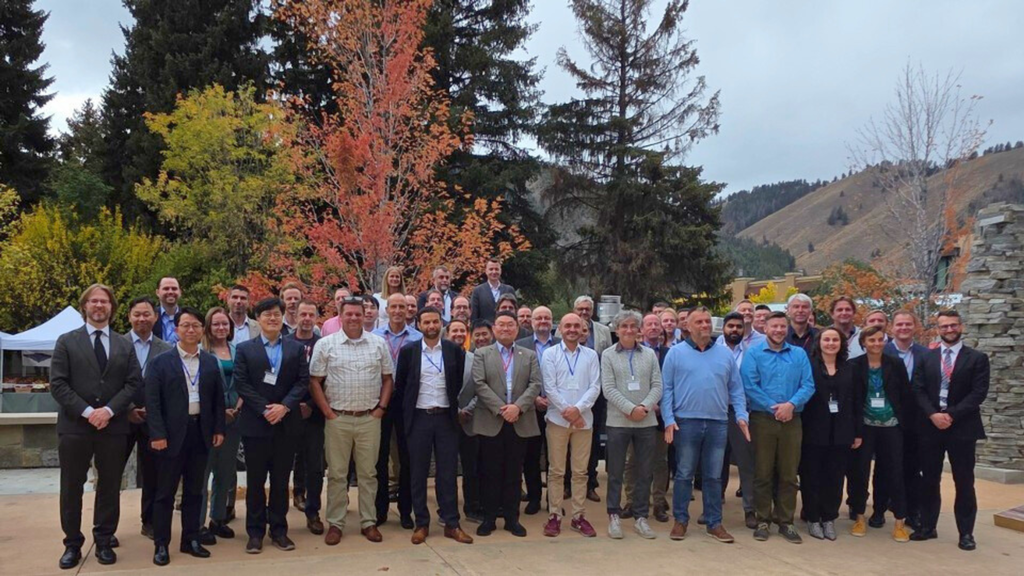
At the end of September and beginning of October 2025, the OECD Nuclear Energy Agency (NEA) held a meeting in Ketchum, Idaho, focusing on progress in irradiation experiments under the international FIDES-II (Framework for Irradiation Experiments). The event brought together experts from 14 countries and the European Commission to discuss the outcomes of ongoing research programs and to plan the next steps.
Since 2024, FIDES-II has been coordinating nine international Joint Experimental Programs (JEEPs) aimed at testing nuclear fuels and structural materials under reactor conditions. These include studies of high-burnup fuels, accident simulation experiments, and testing of new structural materials for advanced reactor types. The results of these projects help to reduce research costs, minimize risks, and accelerate the development of innovative technologies.
Research Centre Řež has been an active partner in this collaboration. Our participation builds on the capabilities of the LVR-15 and LR-0 research reactors as well as our hot cell facilities, which enable post-irradiation examinations of highly irradiated material samples. This allows us to provide unique data and know-how that complement experiments carried out at international facilities.
During the meeting, it was emphasized that combining world-class experimental infrastructures with the international exchange of results is essential to achieving faster progress in the development of fuels and structural materials. This is precisely the area where our Centre contributes to both European and global projects.
Discussions also focused on preparations for the third phase of the FIDES-II framework, starting in 2027. It is expected that this stage will include new projects addressing the needs of both existing light-water reactors and emerging advanced technologies.
For Research Centre Řež, this cooperation represents a significant opportunity — not only to strengthen our expertise but also to actively participate in shaping the future of nuclear energy.
